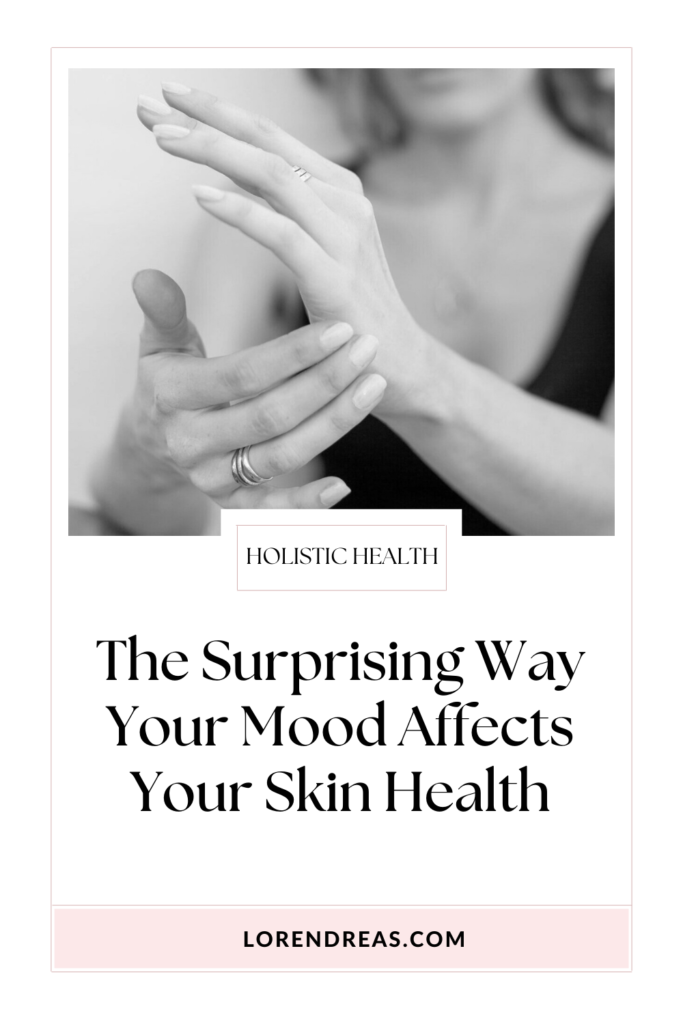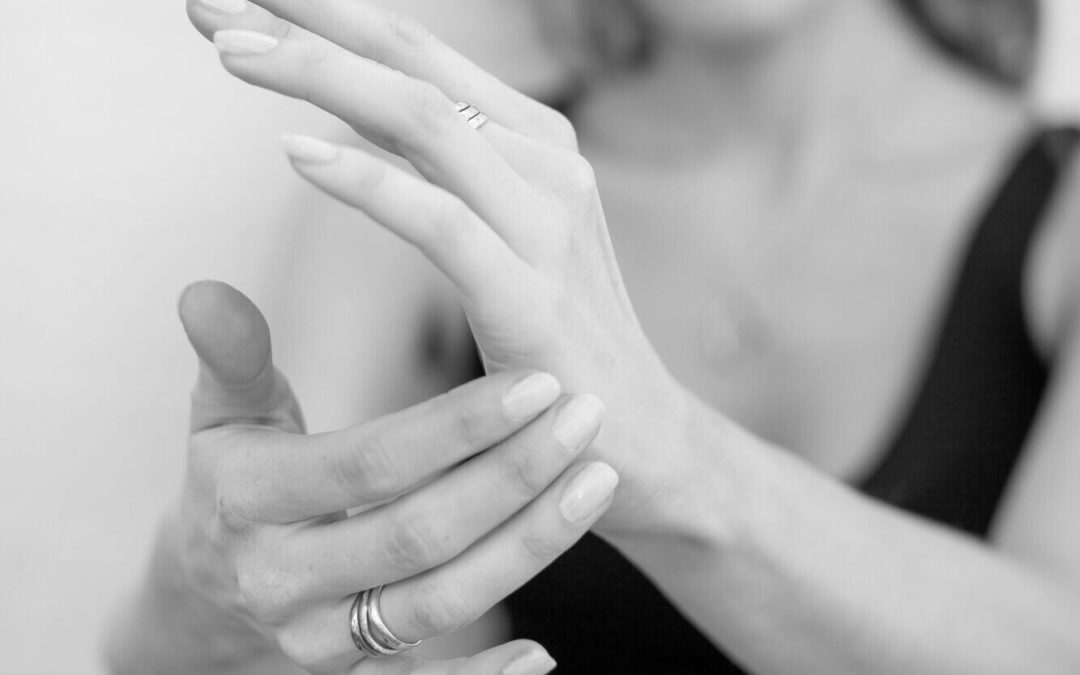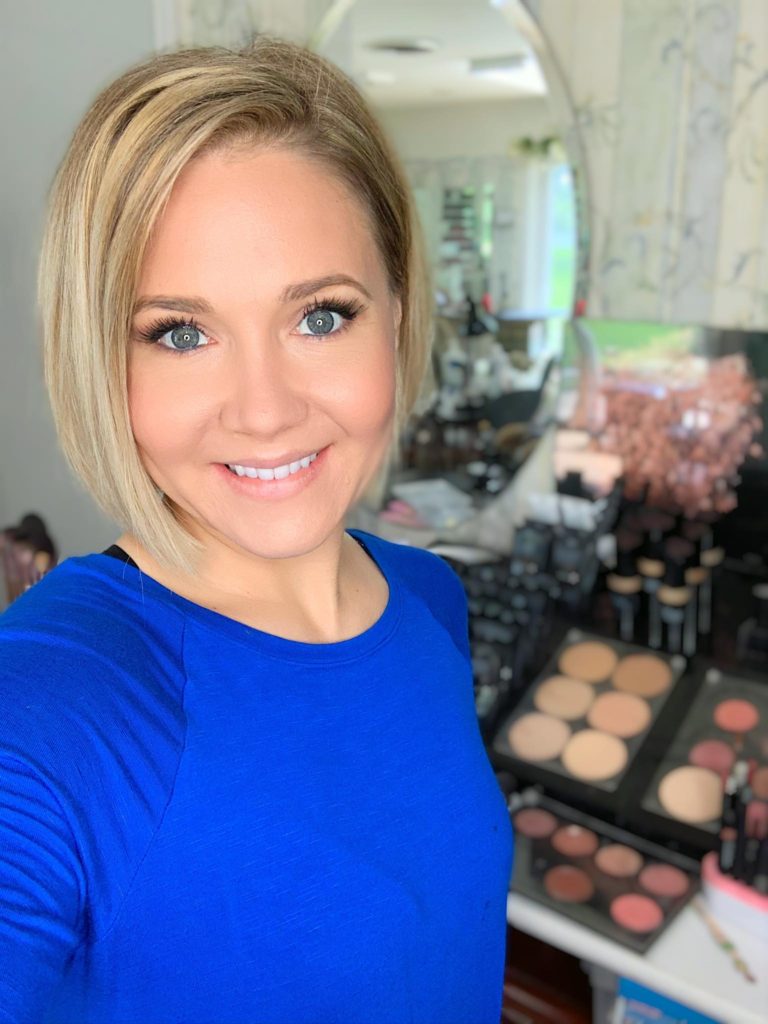Your skin is your largest organ, and it’s also a reflection of your overall health. So it’s no surprise that what you eat, how much sleep you get, and how you feel emotionally can all show up on your skin. In fact, research has shown that there’s a strong link between mood and skin health. Here’s a look at the surprising way your mood affects your skin…
Does Your Mood Affect Your Skin Health?
Stress, anger, sadness, embarrassment, and fear are some of the fundamental emotions that we go through every day.
Long-lasting mood swings can have longer-lasting effects on your skin. And similarly, a positive mood has some positive benefits for your skin.
Emotions We Feel And How They Impact Our Skin Health
Stress and Anger
Stress is the biggest stimulator of cortisol which flows freely through your system in times of stress. Cortisol taxes every organ, blood vessels become more fragile, new skin cells don’t form as quickly and cell turnover may eventually slow by half. Stress can also interrupt your body’s production of new collagen. Without new collagen, your skin can become thinner and weaker.
Anger affects our facial muscles. It slows healing, accelerates wrinkling, and produces dark spots. People who hold on to their anger often suffer from rashes, hives, warts, eczema, and acne. In a study published in the brain, behavior, immunity, researchers separated participants into two groups of easily angered and more peacefully zen temperaments. They gave each a small wound on their arms. The healing and cell turnover took 4x longer in the angered participants than it did for those who had temper control. Researchers attributed the phenomenon to high levels of cortisol present in people who are quick to anger which inhibits the production of collagen – a crucial element of skin healing and a cause of wrinkling when production slows.
Anxiety and Depression
One of the biggest drivers in the bad mood beauty connection are the feelings of anxiety and depression.
Depression produces higher levels of cortisol in the bloodstream. Over time this can lead to premature hair loss, skin pigmentation, and hormone changes that can result in weight gain. Depression can also contribute to acne and be disastrous for the skin. It triggers hormones that can affect sleep patterns, leading to puffy eyes and a dull complexion.
Embarrassment
We have all experienced severe embarrassment at one point in time or another but the effects of embarrassment can also easily move from our brains to our skin. Neuro peptide receptors in your skin receive mixed signals from the brain causing chronically swollen blood vessels. Embarrassment also hampers blood flow to skeletal muscles, weakens the organic structure of skin cells, and alters enzyme production rates.
What We Do With These Emotions Matter
Sometimes we don’t even realize that we’ve been holding these emotions in, right? So let me just tell you that having a good cry is not a sign of weakness. In fact, crying actually releases negative hormones from your body. This results in lower stress levels and an actual elevation of mood afterward.
Honestly, stored emotions and traumas are a huge, if not the biggest piece of the health puzzle. When something you perceive as negative happens to you, and you never fully release it, those emotions are stored somewhere in your body.
The truth is, we all hide our emotions occasionally. We pretend, avoid and deny uncomfortable emotions in an effort of self-preservation as a defense mechanism and we do this most often with difficult emotions like shame, fear, or anger.
When we experience events that emotionally overwhelm us and we’re unable to process what’s happening, accept our emotions and express them through our body and mind, we hide them deep inside ourselves where others can’t see them. We also end up hiding them from ourselves, yet, they’re still there.
The unresolved emotions get trapped in our body where they build and fester. This drains our energy leading to burnout, emotional imbalance, and eventually disease.
When we chronically repress emotions, we create toxicity in our body our mind, and our heart. This unprocessed emotional energy is stored in our organs, muscle, and tissues. It leads to inflammation and chronic health problems and it undermines our overall wellbeing.
We Learn This Behavior Early
What’s crazy is that this starts when we are very little. I’m going to share a quick example from an awesome book that I read and it talks about within the first 6 years of life, we live in what’s called a delta/theta brainwave state. This means that our experiences are directly hardwired into our brains without being filtered through the more rational, conscious judgment that we develop later on.
For example, if a baby wakes in the middle of the night with a wet/dirty diaper, he will want to scream as loudly as he needs to get that feeling to go away. However, if every time he wakes his mother, she is rough and angry and perhaps even hurts him, after a while, the baby will also want to avoid being treated so hurtfully. He won’t know anything about how hard the mother works and how miserably tired and depressed she is because he is too young to know those words or have these concepts. He will only know that if he avoids one kind of pain (irritating diapers) he’s going to experience another kind of pain (angry mother). He will also feel that he has a right to be clean and dry and a right to be treated gently by his mother but won’t understand those emotions because he has no words or concepts for those emotions either. All of this confusion will be stored as a pre-language memory which may be triggered every time he should be able to have his physical needs met. Or every time that he thinks of seeking comfort and love from a woman. Or even every time he wakes in the middle of the night especially since he experienced the same negative situation over and over. Crazy and sad, right?
Addresssing Past Traumas
So how do we go about addressing past traumas even if we aren’t aware of them?
One of my favorite tools is called EFT or Emotional Freedom Technique which is an alternative treatment for physical pain and emotional distress- also referred to as Tapping or psychological acupressure.
Similar to acupuncture, EFT focuses on the meridian points or energy hotspots to restore balance to your body’s energy. It’s believed that restoring this energy balance can relieve symptoms a negative experience or emotion may have caused.
Based on Chinese medicine, meridian points are thought of as the areas of the body energy flow through. These pathways help balance energy flow to maintain your health. Any imbalance can influence disease or sickness.
I know that after my daughter experienced some major health issues a few years ago, it also created a lot of fear and anxiety in me so tapping has been a Godsend and I know it can be for you too.
Click to Download My Favorite EFT tool: The Tapping Solution App
Moving The Emotions
Emotions need to be expressed to be processed. The goal is to move the energy of emotion through and out of the body so that you can let it go.
This self-expression must be authentic and embodied. Remember, true healing occurs when the body and mind integrate. So express the emotion on the bodily level first and foremost.
Maybe you feel the need to cry, scream into a pillow, go for a swim, walk/run, hit a punching bag, do some gardening, tapping, paint your feelings out, or simply breathe deeply while facing the sun. Whatever feels good at that moment, do it (just make sure it doesn’t hurt yourself or others).
Another great way to process emotions is to journal. When we write, we give our internal world a voice. We process and make sense of what’s happening within us and around us. We gain perspective so by writing about our fears and hurts we can look at them from a distance, detach from their grip, and eventually let them go. That release can be truly healing.
Recap: Your Mood Affects Your Skin Health
So if you’re looking for an easy, natural way to improve your skin health, you may want to give emotional freedom techniques (EFT) a try.
There are a lot of great resources out there to help you do this. I’ve created a quiz to get you started! Find out how your skin health ranks.
When it comes to the skin, we must consider body, mind, and spirit as parts of the sum. The underlying theory is that these parts are related to and dependent on one another. Balance, and thus health, can only be achieved if all the parts are working properly. Now you have the tools to heal and improve your mood and emotions.





